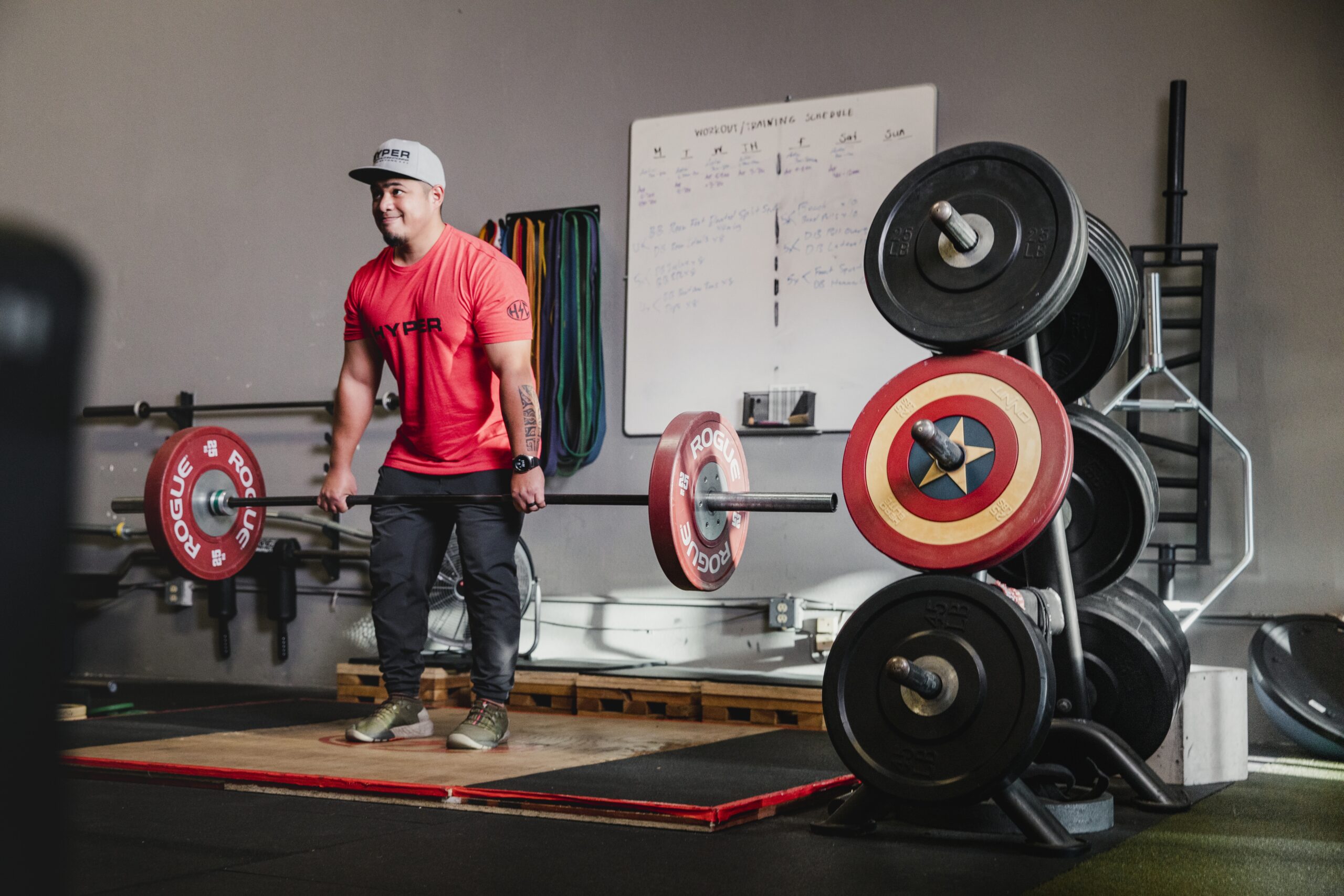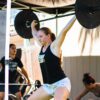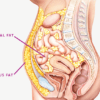Prevailing wisdom suggests that adequate hydration plays a vital role in weight loss, and you’ve probably heard the advice: “Drink more water to burn fat.”
But how accurate is the idea? More importantly, would dehydration stop you from losing weight effectively? If so, how should you go about drinking water to optimize weight loss and health?
Let’s discuss.
Does Water Play An Important Role In Weight Loss?
Contrary to what many people believe, drinking enough water doesn’t directly impact your ability to burn fat. Weight loss depends on creating and sustaining an energy deficit – consuming fewer calories than you burn daily (1). In doing so, you force your body to break down fat and lean tissue to get the remaining energy it needs to function.
For example, if your body burns 3,000 calories per day, consuming 2,500 would place you in a 500-calorie deficit. As a result, you can expect to lose around one pound of weight per week.
Your hydration status won’t influence the above equation in any significant way.
But Isn’t Hydration Still Important For Weight Loss?
While drinking water doesn’t have a direct effect on your ability to lose weight, staying hydrated is still important for two reasons:
1. Satiety
One of the biggest roadblocks people face when losing weight is controlling their appetite (2). As mentioned above, weight loss depends on creating and sustaining an energy deficit, which is often easier said than done. You can eat less food for a while and feel fine. But hunger will catch up, making it challenging to keep going.
While there is no way to avoid some hunger while dieting, adequate hydration can make it easier to manage. According to some research, drinking water before and during meals can increase fullness, allowing subjects to eat less and feel satisfied (3).
A simple thing you can do is place an empty cup on your kitchen table to serve as a reminder to drink water as you start preparing your meals.
2. Athletic Performance
Many people believe that a drop in athletic performance is normal while dieting. The idea makes sense because folks are eating fewer calories, so there isn’t as much available energy to do physical work.
While the idea is true to some degree, dehydration can also cause a performance drop (4). If nothing else, drinking enough water eliminates the possibility that dehydration causes issues, which is a practical way to feel better.
You should drink some liquids before exercise and replace some lost fluids during training, especially if you sweat more.
How Much Water You Should Drink Daily
There are plenty of recommendations for water intake, and most are accurate enough. But your daily water needs will depend on factors, such as:
- Age
- Sex
- Weight
- Physical activity
- The climate of your country
- How much you sweat
For example, a person who lives in a warmer country and sweats more will need more water than someone who lives up north and barely breaks a sweat.
In any case, a good starting point is for men to drink around 120 fluid ounces of water daily and women – 85 ounces. You can then adjust the intake based on how your body responds.

































